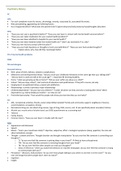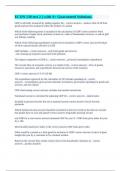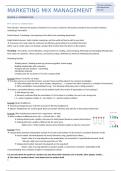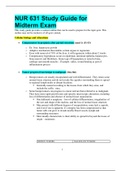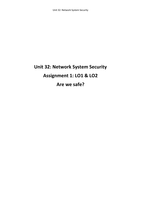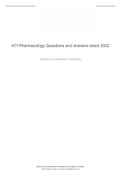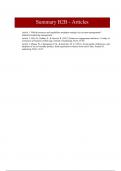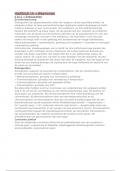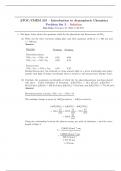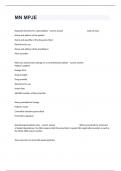Summary
Summary Psychiatry revision notes for medical school
- Module
- Psychiatry
- Institution
- Imperial College London (ICL)
Comprehensive revision notes covering all areas of psychiatry required for medical school final exams and postgraduate exams such as the MSRA. 100+ pages of concise, user-friendly and structured notes to help you efficiently revise. Also features a section on how to take a comprehensive psychiatry ...
[Show more]
